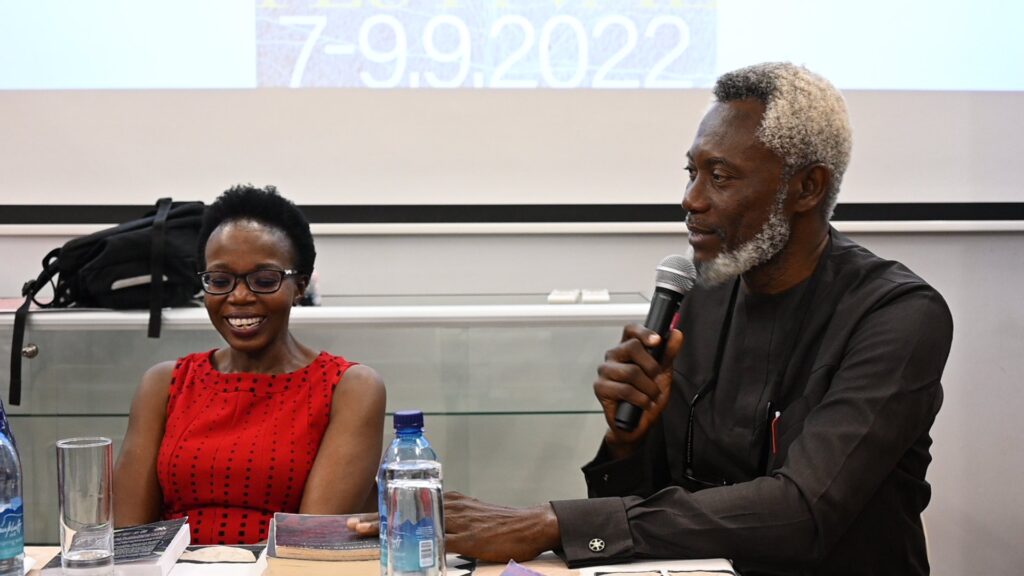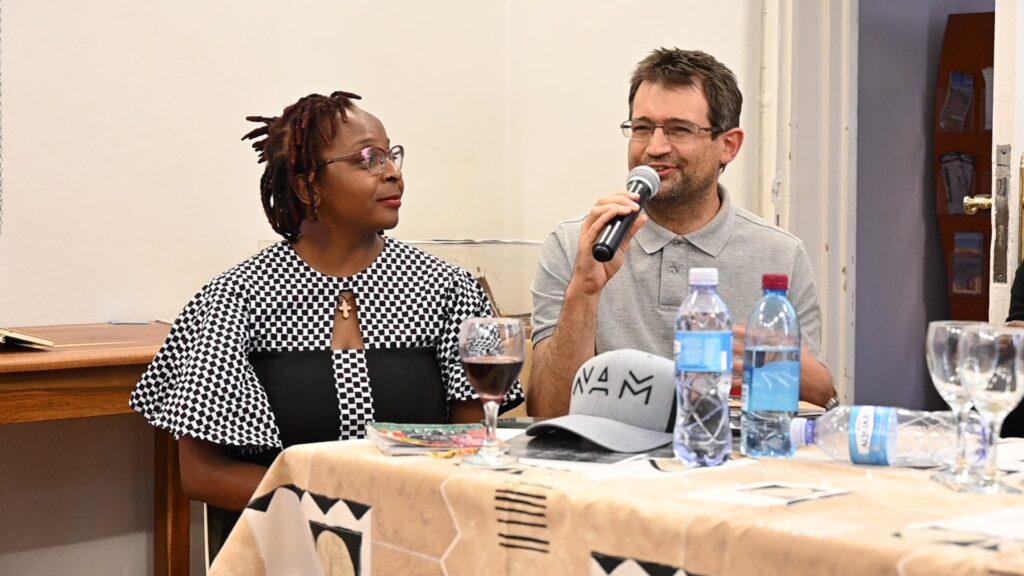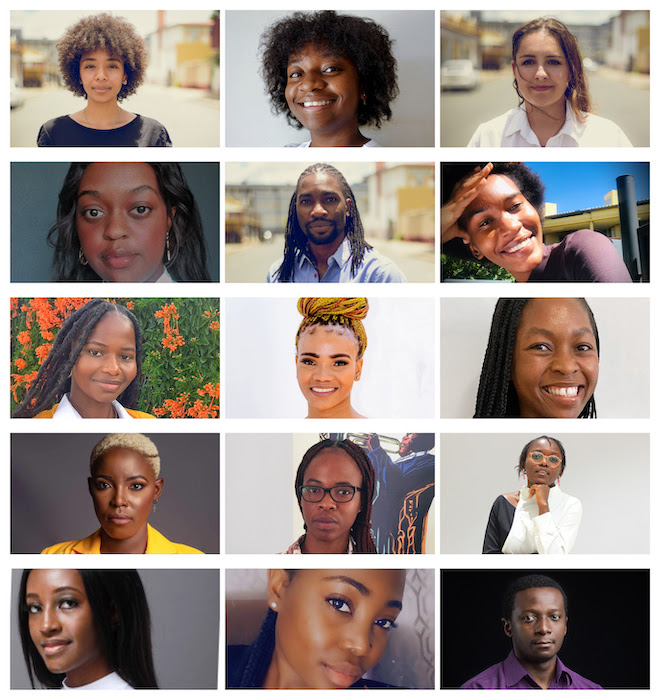Namibian writers and enthusiasts were graced with an exciting literal gathering the ‘Narrating Namibia, Narrating Africa‘ festival, from from the 7th to the 9th of September at the Namibian Scientific Society in Windhoek. It was organised by Doek! Literal Magazine and the University of Namibia, amongst others.
Writings, poetry and conversations were centered around the creative process behind African writing. This highlighted the use of African writing, to create a consciousness around socio-economic issues affecting the continent. The festival also brought about the personification of abstracts such as oppression and inequality.
Kina Indongo, one of the writers, said that as a participant, it was a growing experience for her writing. Moreover, it was helpful for exchanging creative ideas for emerging African writers.
“The discussions were particularly interesting and important as they pertained to violence and African’s response to it. It touched on art as healing.”
Kina Indongo

Art as Healing
“Art as healing” defines the whole festival splendidly. The writers credited their poetry for giving them a second opportunity to face their demons, but this time, have the last laugh.
But what are these demons? It seems these demons can be classified as the inability of Africans to feel at home in Africa.
Though apartheid and colonialism are out of the picture at present, they have been replaced by new monsters. This is in the form of neo-oppression through patriarchy and psychological and systematic barriers.
Still we see African culture presented as inferior to other cultures. Still we see white privilege prevail in a continent that is predominantly black. Still we see the treatment of women as unequal to men.

Hugh Ellis, a poet and lecturer at the Namibian University of Science and Technology, had some interesting points about such matters. Although he is a white man, he grew up as a refugee in the United Kingdom.
“I think a lot of my poems relate to coming to terms with inherited privileges. How do you deal with the fact that you get into places, that people smile at you, that people give you second chances, simply because you are a certain sex, or look a certain way? Can you turn that access into activism, and if so, how?”
Hugh Ellis
“Although I am white, I am shut out of a lot of ethnically closed spaces, unlike if I were a Namibian German or a more fluent Afrikaans speaker. My poetry is an attempt to speak to white folks, to Namibian men of all stripes, to tell them to do better,” he said.
As vividly expressed throughout the festival, it is therefore imperative that structures are put in place that empower African writers. Especially those that speak through indigenous tones, so they may be the core that upholds the generations to come.
Spoken word is indeed a tool in which we can predicate our hopes and dreams towards change.



